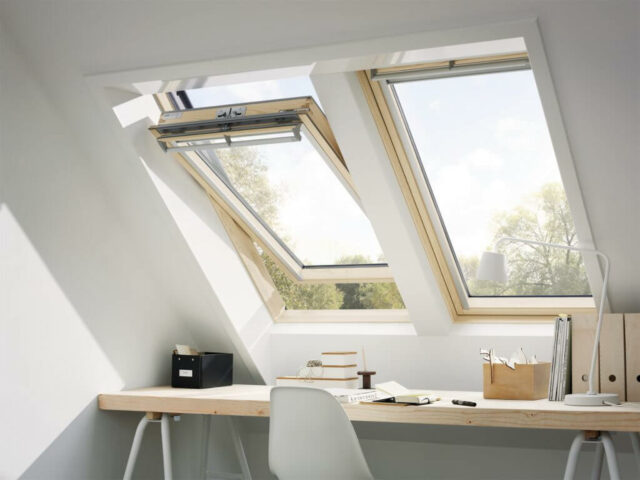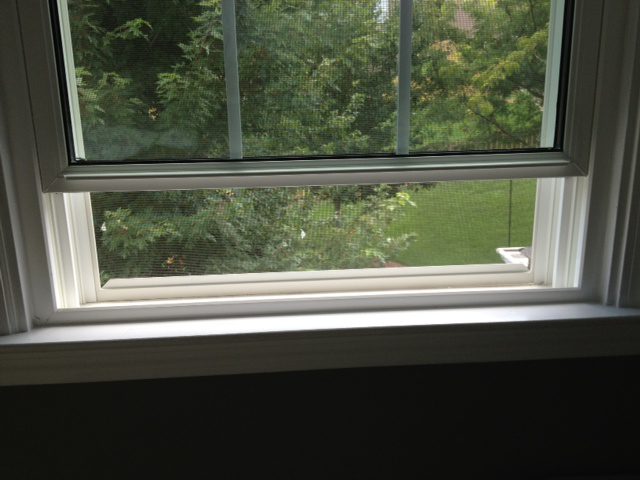In the ever-evolving landscape of modern technology, smart homes have become increasingly popular, offering convenience, efficiency, and sustainability. One crucial component of a smart home is the integration of intelligent window technologies. In this article, we delve into the realm of smart window technologies, exploring their benefits, functionality, and the impact they can have on the overall living experience in modern homes.
Understanding Smart Window Technologies
1. Dynamic Glass Technology
Dynamic glass, also known as smart glass or switchable glass, is a revolutionary technology that allows windows to adapt to external conditions. This technology enables windows to change their tint or transparency level in response to factors such as sunlight, temperature, or user preferences. This not only enhances energy efficiency by minimizing the need for heating or cooling but also provides occupants with greater control over their indoor environment.
2. Integration with Smart Home Systems
Smart windows seamlessly integrate with other components of a smart home. Through the use of sensors and connectivity, these windows can be synchronized with smart thermostats, lighting systems, and even voice-activated assistants. Imagine a scenario where your windows automatically adjust their tint to reduce glare while your smart thermostat optimizes the temperature – all orchestrated with a simple voice command.
The Benefits of Smart Window Technologies
1. Energy Efficiency
One of the primary advantages of smart windows is their contribution to energy efficiency. By adjusting tint levels based on external conditions, these windows can significantly reduce the need for artificial lighting and heating or cooling systems. This not only lowers energy consumption but also translates into cost savings for homeowners.
2. Enhanced Comfort and Well-being
Smart windows contribute to the overall comfort and well-being of occupants. They can block harmful UV rays, reducing glare and preventing furniture or artwork from fading. Additionally, the ability to control natural light levels promotes a healthier indoor environment, positively impacting mood and productivity.
The Future of Smart Window Technologies
As technology continues to advance, the future of smart window technologies looks promising. Researchers are exploring innovations such as self-tinting materials and transparent solar cells embedded within windows for your home, further enhancing their functionality and sustainability.

Choosing the Right Smart Window for Your Home
1. Consider Your Needs
When selecting smart windows for your home, consider your specific needs and preferences. Are you focused on energy efficiency, or is seamless integration with other smart home systems a priority? Understanding your requirements will help you make an informed decision.
2. Installation and Maintenance
Consult with professionals for the installation of smart window technologies. Proper installation ensures optimal performance and longevity. Additionally, inquire about maintenance requirements to keep your smart windows functioning at their best.
Conclusion
In conclusion, smart window technologies are transforming modern homes into intelligent and efficient spaces. From energy savings to enhanced comfort, the benefits are undeniable. As technology continues to advance, the integration of smart windows will likely become a standard feature in homes, contributing to a more sustainable and comfortable living environment.


